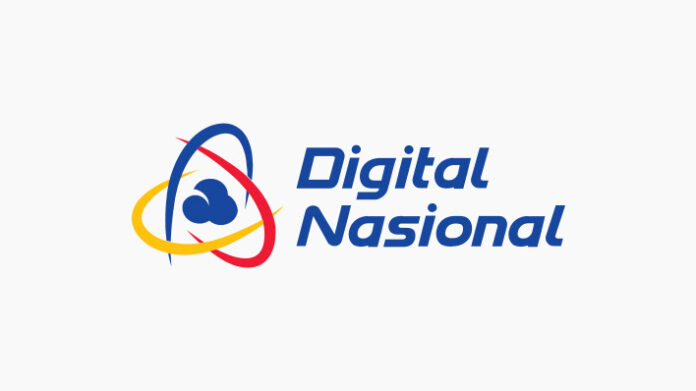Ericsson noted that this new technology, leveraging AI, enhances user experience with ultra-low latency and high throughput
Malaysian state-run 5G network Digital Nasional Berhad (DNB) and Ericsson have launched 5G Advanced (5G-A) technology on DNB’s network.
In a release, Ericsson noted that this new technology, leveraging AI, enhances user experience with ultra-low latency and high throughput to bring a truly immersive experience.
At the launch event, a live band performed seamlessly, with the members of the band split across two different locations. The band’s ability to play in sync across different venues was due to the low latency, high bandwidth and reliability of 5G Advanced. The live demonstration showed the potential of use cases, such as remote surgery and immersive education, Ericsson said.
Ericsson 5G Advanced solutions, such as RedCap, enable a wider range of use cases by extending battery life and reducing complexity for devices like wearables and industry sensors. For businesses, this means better IoT deployments and improved operational efficiencies. 5G Advanced also brings intent-based solutions like Automated Energy Saver, part of Ericsson’s Energy Efficiency and Management subscription, to maximize energy performance.
DNB’s CEO Datuk Azman Ismail said: “With 5G Advanced, DNB aims to help accelerate the digitalization journey of enterprises working with our access seekers in sectors such as manufacturing, healthcare, logistics, oil and gas, agriculture, and tourism with advanced tools to innovate and deliver superior products and services.”
”5G Advanced capability has been switched on for the DNB network. Ericsson will continue to jointly develop 5G Advanced capabilities strategically with DNB to make the network even more intelligent, efficient and secure,” said David Hagerbro, head of Ericsson Malaysia, Sri Lanka and Bangladesh.
DNB was set up by the Malaysian government in 2021 as a special purpose vehicle to develop the country’s 5G network infrastructure, which private telecommunications firms are currently using to offer 5G services to their customers. DNB’s 5G network was deployed by Ericsson.
Under the ministerial direction, DNB was to operate as a neutral, Ministry of Finance-owned entity tasked with deploying 5G infrastructure and offering wholesale services nationwide. However, the revocation of this directive signals the government’s intent to transition to a dual-network model.
As of today, all operators in Malaysia are offering 5G service via the state-run 5G network DNB
CelcomDigi, Maxis, YTL and U Mobile currently hold stakes in DNB, each with a 16.3% share. These four Malaysian operators had previously submitted bids to build the country’s second 5G network.
In November 2024, the Malaysian Communications and Multimedia Commission (MCMC) gave the approval to deploy the second 5G network to U Mobile, the third-largest operator in the country. U Mobile also noted that it will also be working with DNB to ensure the quality of 5G service is maintained.
At the end of December 2024, Malaysia has recorded 18.2 million 5G service subscriptions, representing a 53.4% adoption rate.

